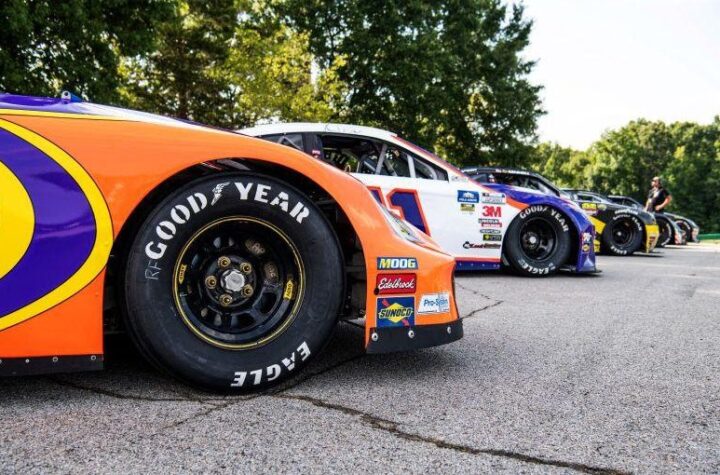
 Q. What do you see as the primary impetus behind the development of hydrogen fuel cell transport?
Q. What do you see as the primary impetus behind the development of hydrogen fuel cell transport?
A. “I’ve always believed the way which fuel cells and hydrogen become adopted by the world is not something that’s predictable. It’s going to be event driven, whether it’s the events of 9/11 or the Northeast blackout, or the events of the Iraq war.
“I also think it’s going to be competitively driven by certain societies making it happen. The risk of any nation getting behind on this front is pretty high, because suddenly you have a secure lower cost energy infrastructure around which to build your economy. That could be a sustainable advantage for a nation going forward. I think the U.S. government is as much motivated by the risk of us falling behind Japan and China on this point.”
Q. Can you explain your analogy of fuel cell development being a marathon race?
A. “Let’s say we’re at mile eight in a marathon. One thing that is different from one year ago is that there are more runners in the race. Nissan has joined in and we hear Renault will too. Volkswagen has an Audi now with a fuel cell operating in it. DaimlerChrysler clearly has their own internal program in addition to what they’re doing with Ballard. Honda’s made some big statements in the last year on technology, Toyota is obviously a player and GM is a player. In addition, you see Hitachi, United Technologies and General Electric and all those types of companies seeking to be players.
“We’ve measured the finish line as, which company is the first one to produce a million vehicles at a profit. We’ve defined it that way because volume is all that’s going to matter here. In order to solve the energy and environmental issues — with 700 million cars in the world, and 60 million new cars and trucks every year — you need that volume, or this is going to be just a nice exercise.”
Q. How is 2005 shaping up in terms of progress for fuel cell vehicle development?
A. “It will be a very important year. We expect critical milestones. We have all kinds of goals and it will be a key year in terms of the Department of Energy programs. We will continue working towards our number one goal of commercial viability by 2010.”











More Stories
Buying Car Insurance in Toronto? Don’t Make These Rookie Mistakes
Extend Your Range, Maximize Your Storage with FRDM’s 45 Gallon Combo
How to Install a Ford Bumper Yourself (Step-by-Step Guide)